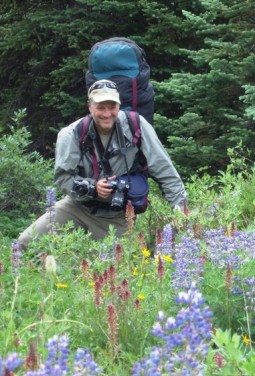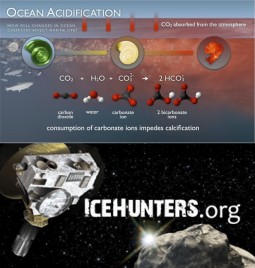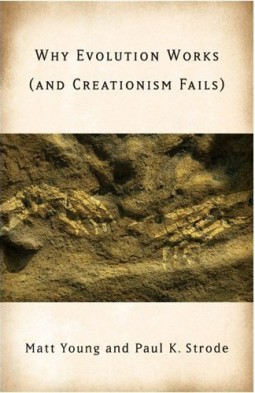Do nicotine patches really help you stop smoking? Shelley Schlender interviews a scientist who says they don’t. Lois Biener and her colleagues at the University of Massachusetts and Harvard University have done a study that indicates that out in the real world, people who use nicotine replacement therapy in the hopes of an easier “quit” don’t fare any better than people who use will power and community support. Some people who use nicotine replacements are actually MORE likely to relapse. (Extended interview version here).
nicotine patches really help you stop smoking? Shelley Schlender interviews a scientist who says they don’t. Lois Biener and her colleagues at the University of Massachusetts and Harvard University have done a study that indicates that out in the real world, people who use nicotine replacement therapy in the hopes of an easier “quit” don’t fare any better than people who use will power and community support. Some people who use nicotine replacements are actually MORE likely to relapse. (Extended interview version here).
Great plumes of dust rising from the desert forms an iconic image of the West, but much of that dust is a result of humans altering the desert soil structure. Several Boulder scientists are investigating a new technology that may allow us to restore the desert, and sequester large amounts of carbon at the same time. Tom McKinnon interviews Jim Sears, president of A2BE Carbon Capture and Bharath Prithiviraj, a Postdoctoral Research Associate in Chemistry and Biochemistry at the University of Colorado. They are developing a large scale deployable technology that would enable agricultural aircraft to re-inoculate and restore arid soils using indigenous strains of soil-crust-based cyanobacteria. For additional information on airborne soil crust reseeding, its research and its applications please contact jimsears@algaeatwork.com for an overview paper on the topic.
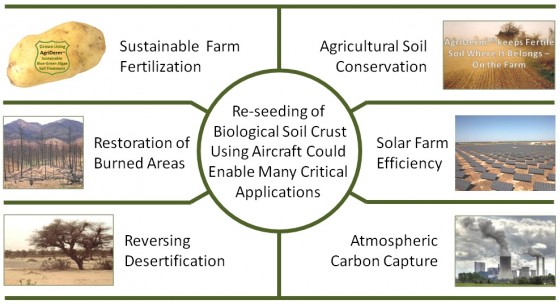
Co-hosts: Tom McKinnon and Shelley Schlender
Engineer: Joel Parker
Producer: Tom McKinnon
Executive producer: Shelley Schlender
Podcast: Play in new window | Download (Duration: 24:31 — 22.5MB)
Subscribe: RSS




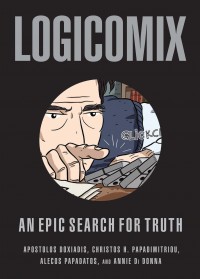

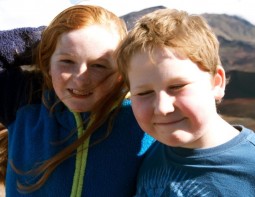
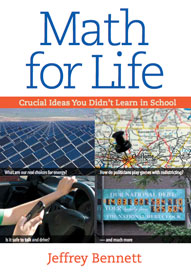
 One often hears people state “I’m not good at math” or that they don’t like math because it they don’t think it has any relevance to their day-to-day life (other than, maybe, to balance a checkbook). However, both of those myths are addressed head-on in a new book titled “
One often hears people state “I’m not good at math” or that they don’t like math because it they don’t think it has any relevance to their day-to-day life (other than, maybe, to balance a checkbook). However, both of those myths are addressed head-on in a new book titled “
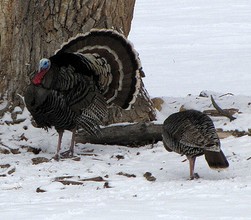



 Feature #1 (time mark 5:30) When people think of Colorado, they usually don’t think about “oceans”. After all, Colorado doesn’t have much of a coastline these days, though it was definitely had oceanfront property a few hundred million years ago. However, being in a landlocked state doesn’t mean that there isn’t any thing we can do to impact the health and ecology of the ocean and marine biology. Co-host Joel Parker talks with Vicki Goldstein, founder and president of the
Feature #1 (time mark 5:30) When people think of Colorado, they usually don’t think about “oceans”. After all, Colorado doesn’t have much of a coastline these days, though it was definitely had oceanfront property a few hundred million years ago. However, being in a landlocked state doesn’t mean that there isn’t any thing we can do to impact the health and ecology of the ocean and marine biology. Co-host Joel Parker talks with Vicki Goldstein, founder and president of the 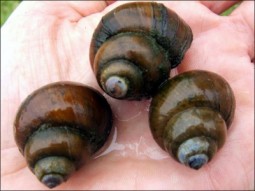 Feature #2 (time mark 14:10) Nitrogen – we can’t live without it, but you can have too much of a good thing. In its gaseous form nitrogen is harmless and makes up nearly 80 percent of the atmosphere. The worldwide population never would have reached 7 billion people without nitrogen, in the form of chemical fertilizer. But excess nitrogen –from fertilizer runoff, manure, human sewage and other sources is wreaking havoc on the environment. Co-host Susan Moran talks with John Mischler, a PhD student at CU Boulder, who is researching worms and snails in Colorado and Africa. He talks about how excess nutrients in ponds, lakes and elsewhere can lead to the spread of parasitic disease from trematodes to snails to us.
Feature #2 (time mark 14:10) Nitrogen – we can’t live without it, but you can have too much of a good thing. In its gaseous form nitrogen is harmless and makes up nearly 80 percent of the atmosphere. The worldwide population never would have reached 7 billion people without nitrogen, in the form of chemical fertilizer. But excess nitrogen –from fertilizer runoff, manure, human sewage and other sources is wreaking havoc on the environment. Co-host Susan Moran talks with John Mischler, a PhD student at CU Boulder, who is researching worms and snails in Colorado and Africa. He talks about how excess nutrients in ponds, lakes and elsewhere can lead to the spread of parasitic disease from trematodes to snails to us.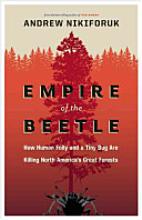

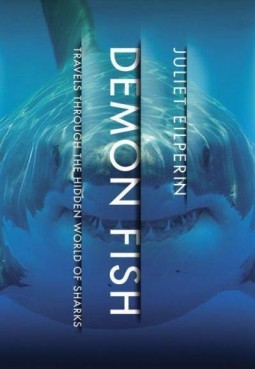

 In today’s show take a look at the future of wind energy. We have with us in the studio
In today’s show take a look at the future of wind energy. We have with us in the studio 
![hs-2011-23-d-web_print Pluto and its moons [click to enlarge] (credit: NASA, ESA, M. Showalter, Z. Levay)](http://howonearthradio.org/wp-content/uploads/2011/08/hs-2011-23-d-web_print-255x255.jpg)
